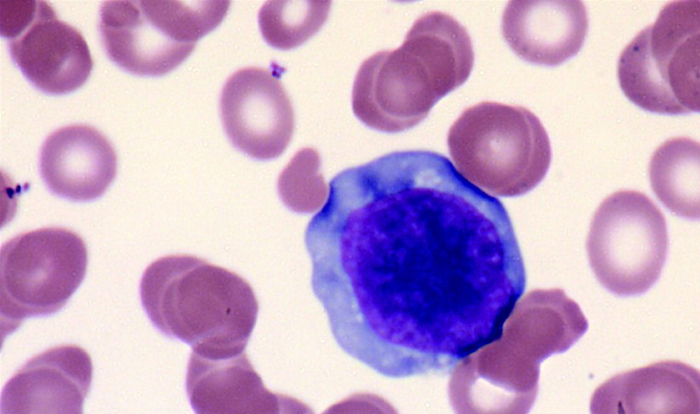
Adult T cell leukemia/lymphoma (ATLL) is a neoplasm of CD4 + T cells, caused by human T cell lymphotrophic virus I (HTLV-I), manifested by skin infiltrates, hypercalcemia, visceral involvement, lytic bone lesions, and abnormal lymphocytes on the peripheral smears.
Causes of Adult T Cell Leukemia
- Generally the risk of NHL increases with advancing age. HL in the elderly is associated with a poorer prognosis than that observed in younger patients.
- Black hair dye, which for more than 20 years has been linked to higher rates of NHL.
- Inherited immunodeficiency diseases (severe combined immunodeficiency, ataxia telangiectasia, among a host of others)
- Viruses — Human T-lymphotropic virus type I (HTLV-1) and Epstein-Barr virus are two infectious agents that increase the chance of developing non-Hodgkin’s lymphoma.
Symptoms of Adult T Cell Leukemia
- Lymph node swelling, often in the upper body area.
- A lack of energy, general fatigue.
- Weight loss
- Fevers which can come and go. ;
- Night sweats – unexplained sweating at night, often drenching
- Itching
- Enlargement of the spleen may cause abdominal pain or discomfort.
Diagnosis
Characteristic clinical findings, seropositivity to HTLV-I, confirmation of integration of HTLV-I proviral DNA in the cellular DNA of the ATLL cells.
Video
Treatment
Various regimens of cytotoxic chemotherapy; the rates of complete response are < 30%, and responses lack durability. The acute and lymphomatous forms resist conventional cytotoxic chemotherapy. Excellent results have been obtained with the combination of oral zidovudine and subcutaneous interferon-α. Obtain HTLV-I serology of family members, sexual partners. If seropositive, should not donate blood.
References